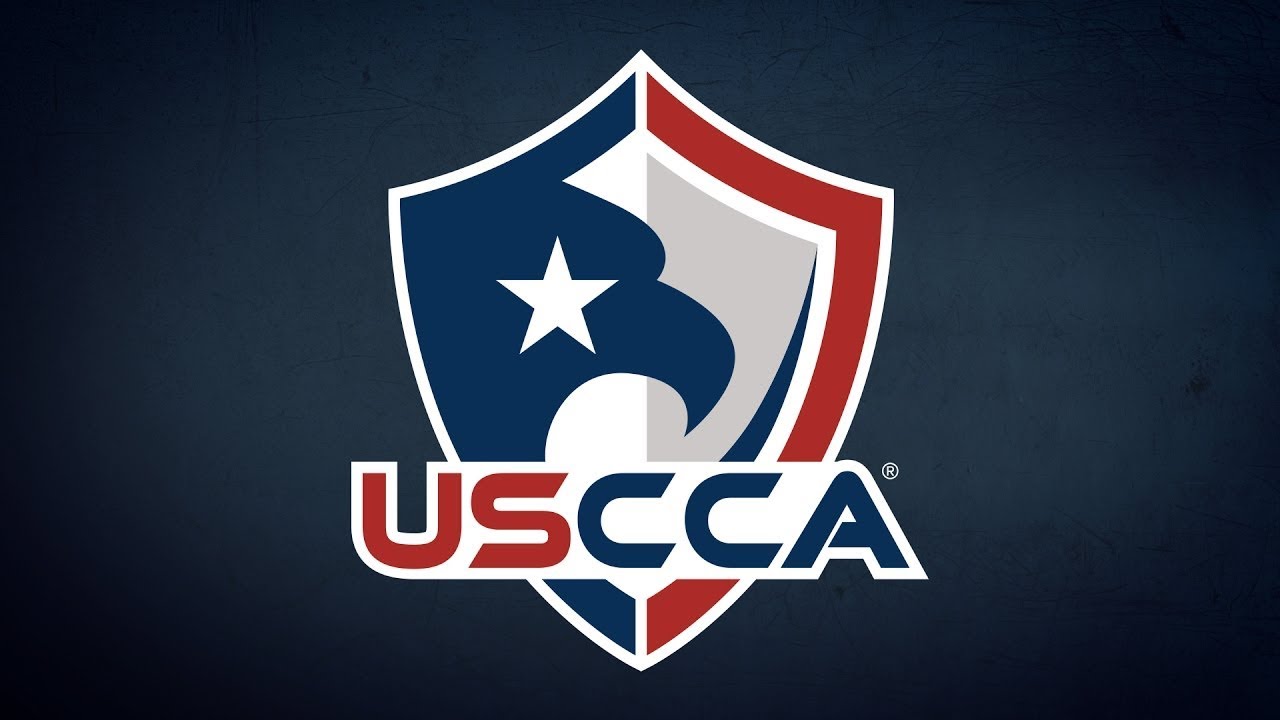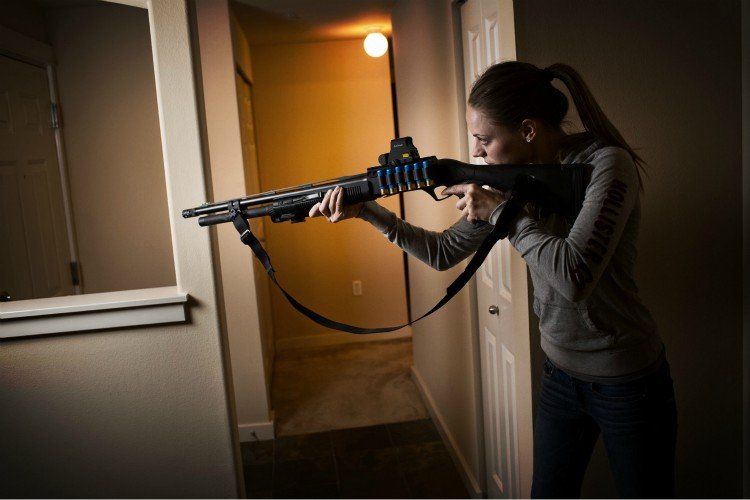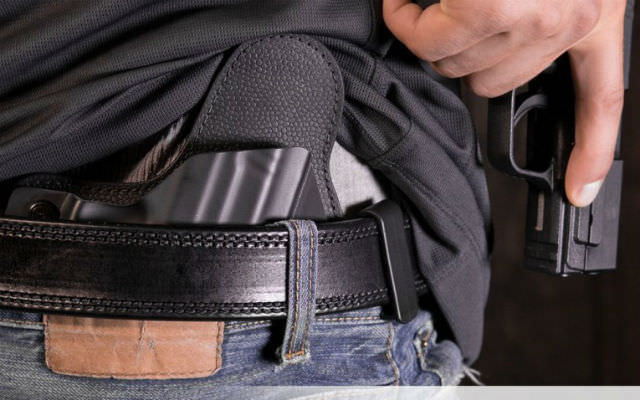Immediate Aftermath:

Scene Security: The primary focus after a self-defense shooting is to secure the scene and ensure the safety of all involved parties. This includes calling 911, disarming the shooter, administering first aid to the injured, and preventing any further harm.

Police Arrival: Once the police arrive, they will take control of the scene, cordon off the area, and initiate an investigation. They will document the scene, collect evidence, interview witnesses, and determine the circumstances surrounding the shooting.

Medical Attention: If there are any injuries, medical personnel will assess the situation and provide necessary treatment. This may include transporting the injured to a hospital for further care.
Legal Process:
Investigation: The police will conduct a thorough investigation to determine whether the shooting was justified self-defense. This may involve reviewing witness statements, examining physical evidence, and consulting with experts (e.g., firearms experts, forensic pathologists).
Charges: Based on the findings of the investigation, the prosecutor may decide to file criminal charges against the shooter. The charges may vary depending on the circumstances, but they could include murder, manslaughter, or justifiable homicide.
Arraignment: If charges are filed, the shooter will be arraigned in court. During the arraignment, the shooter will be informed of the charges against them and enter a plea of guilty, not guilty, or no contest.
Trial: If the shooter pleads not guilty, the case will proceed to trial. The trial will determine whether the shooter is guilty beyond a reasonable doubt of the charges against them.
Post-Trial:
Sentencing: If convicted, the shooter will be sentenced by the court. The sentence may vary depending on the severity of the crime and the shooter’s criminal history. The sentence could include imprisonment, probation, fines, or restitution to the victim’s family.
Appeals: The shooter may appeal the conviction or sentence. The appeal process can be lengthy and complex, and it may take months or even years before a final decision is reached.
Civil Lawsuits: In addition to the criminal charges, the victim’s family or survivors may also file a civil lawsuit against the shooter. The civil lawsuit can seek damages for the victim’s pain and suffering, loss of income, and other financial losses.






